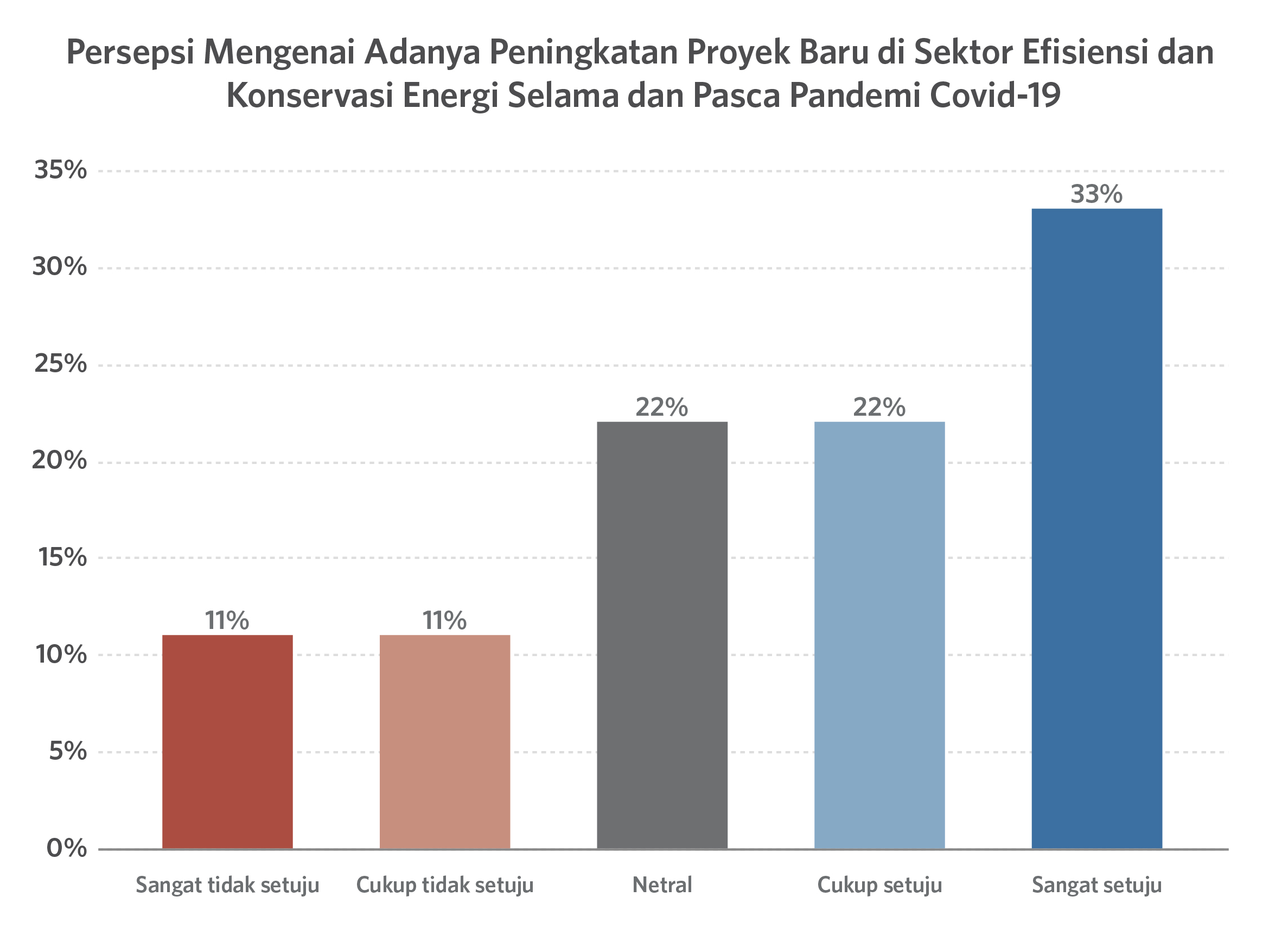The COVID-19 pandemic has pushed governments across the world to enforce strict lockdown measures that have led to severe economic consequences. Global GDP in 2020 is estimated to fall by 4.4% compared to 2019, the most severe decline since 1960 – exceeding the drop of 0.1% by a large margin which followed the global financial crisis in 2009 (IMF, 2020).
In 2020, the hit from COVID-19 tipped Southeast Asia’s largest economy – Indonesia – into its first full-year contraction in more than 20 years as its GDP shrank by 2.19% year-to-year. The nation’s economy fell into recession last year as it struggled to get its COVID-19 outbreak under control. Indonesia also recorded the highest number of COVID-19 cases and fatalities amongst the Southeast Asian countries.
Overall Impact of COVID-19 Pandemic
The COVID-19 crisis triggered a huge downturn in various sectors of the economy, including the energy sector. In Indonesia, from January to June 2020, electricity consumption fell -7.06% in the industrial and commercial sectors. Although residential electricity demand increased during the same time period, overall energy demand decreased, which has adversely affected facility owners and energy efficiency players. Energy efficiency and conservation efforts can play a crucial role in boosting Indonesia’s economy and resilience. However, government support is needed to reinvigorate energy efficiency and conservation programs and stimulus plans announced thus far have not adequately addressed the sector’s top priorities.
This study, produced in collaboration with the Indonesia Energy Efficiency Society (MASKEEI), aims to measure and understand how COVID-19 has impacted the business of facility owners and energy efficiency service stakeholders through a targeted survey.
The results of the survey indicate that, in general, the pandemic has had a negative impact on the energy efficiency business ecosystem. The decline in facility managers’ income has caused a delay in energy efficiency efforts, which could potentially reduce business opportunities of energy efficiency service companies (ESCOs). The survey also shows that facility managers and energy ESCOs still have a conservative view on projected business conditions in 2021 and 2022, indicating a perception of economic uncertainty, and a lack of confidence in how the pandemic will be handled in the future.
The survey further found that the facility managers and the ESCOs agree on the urgency in improving energy efficiency and advocating it to the public and private sectors. Finally, we found that the respondents acknowledge the need for government support in accelerating energy efficiency efforts during the remainder of the pandemic and post-pandemic recovery.


